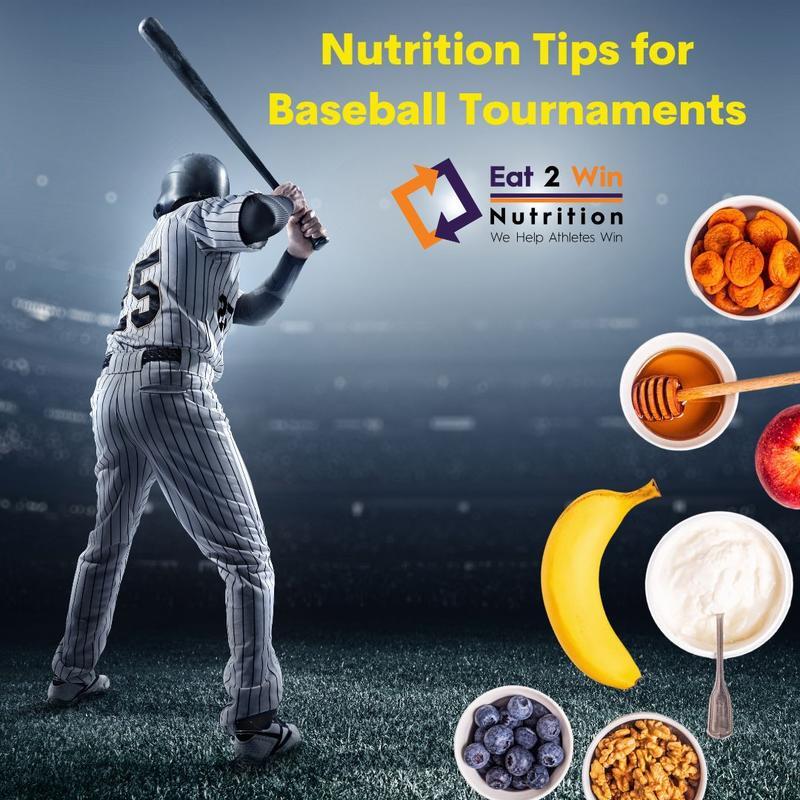
This comprehensive guide gives athletes, parents, and coaches the ultimate strategy for meal planning, snacking, and hydration to maintain peak energy, focus, and recovery throughout the entire tournament weekend.
This guide gives athletes, parents, and coaches a full plan for meals, snacks, and hydration during tournament weekends. With the right fueling strategy, athletes can maintain steady energy, sharp focus, and faster recovery between games—so they can perform at their best from the first match to the last.
The Cooler Strategy: Why Preparation is Key
Forget the greasy concession stand burgers and sugary sodas. The secret weapon for any successful tournament is a well-stocked cooler.
Planning for Success: The Night Before
Tournament prep starts before you leave the house. Carbohydrate loading is not necessary, but ensuring your glycogen stores (muscle energy) are full is crucial.
Complex Carbs: Eat a large, balanced dinner the night before focused on complex carbohydrates (whole-wheat pasta, brown rice, potatoes, quinoa) and lean protein (chicken, fish).
Hydration: Start hydrating heavily a full 24 hours before the first pitch. Aim for clear or light yellow urine.
Must-Have Tournament Cooler Essentials
Packing smart ensures you have options between games and innings.
Carb Sources (Energy): Bananas, oranges, grapes, applesauce pouches, whole-grain crackers, pretzels, bagels, peanut butter and jelly sandwiches (on whole grain).
Protein Sources (Repair/Satiety): String cheese, individual yogurt cups (or frozen yogurt tubes for hot days), beef jerky (low sodium), nut butter packets, hard-boiled eggs (keep cold).
Hydrating Foods: Watermelon slices, cucumber slices, popsicles (for post-game cool-down).
Game Day Fueling: Before, During, and After
Timing your fuel intake is critical in a multi-game day. You need enough energy to perform without feeling sluggish or risking stomach upset.
The Pre-Game Meal (2–3 Hours Out)
This meal sets the tone for the day. It should be rich in carbohydrates for sustained energy and moderate in protein, with very little fat and fiber to aid quick digestion.
Goal: Provide lasting energy without weighing the athlete down.
Best Choices: Oatmeal with fruit; scrambled eggs with whole-wheat toast; a large smoothie with fruit, yogurt, and a scoop of protein powder.
In-Game Fueling: Between Innings and Games
Baseball is a stop-and-start sport, so fueling should be done in small, frequent increments. The focus is simple, fast-acting carbohydrates to keep blood sugar stable.
Dugout Snacks (Quick Energy)
Consume a few bites every 1–2 innings, or definitely between games.
Easy Carbs: Half a banana, a small handful of grapes, a few pretzels, or an energy chew/gel.
Electrolytes: Small servings of salted sunflower seeds or a pickle spear can help replace sodium lost through sweat (if the athlete tolerates them well).
Hydration: The Performance MVP
Dehydration (even 2% loss of body weight) can significantly impact bat speed, focus, and endurance.
Water First: Always have an abundance of cold water.
Electrolyte Drinks: Alternate water with a sports drink (or water mixed with an electrolyte powder) for games lasting longer than 60 minutes or in high heat. The sugar/carbs in these drinks also serve as quick fuel.
Post-Game Recovery (The 30-Minute Window)
After the final out, the body is primed for recovery. This is where you prepare the body for the next game (or the next day).
The 3:1/4:1 Rule: Consume a 3:1 or 4:1 ratio of carbohydrates to protein within 30 minutes to replenish muscle glycogen and start muscle repair.
Recovery Champions: Low-fat chocolate milk, a turkey and cheese wrap, Greek yogurt with fruit and granola, or a protein bar designed for recovery.
Meal Planning for the Long Haul (Dinner/Multiple Days)
If the tournament lasts multiple days, your evening meal is vital for completely refueling and repairing for the next morning.
Dinner for Day 2 Success
The night between tournament days requires a full, balanced meal to maximize recovery.
High-Carb Dinner: Focus on large portions of complex carbs (pasta, rice, baked potatoes) and a palm-sized portion of lean protein.
Hydration: Continue sipping water or unsweetened fluids until bedtime.
Food Safety and Cooler Management
Since food will be sitting out all day, safety is non-negotiable.
Ice Packs are Crucial: Use several frozen water bottles and ice packs. Keep meat, dairy, and eggs on ice and consume them within a few hours, or only pack shelf-stable options.
Separate Items: Keep drinks and snacks in separate bags or sections to limit how often you open the main cooler, preserving the ice.
New Ice Daily: If the tournament is two or more days, replace the ice every morning.
Mastering tournament nutrition is the competitive advantage that keeps athletes sharp when the competition is fading. Start your planning today—it’s time to fuel your way to the championship!
